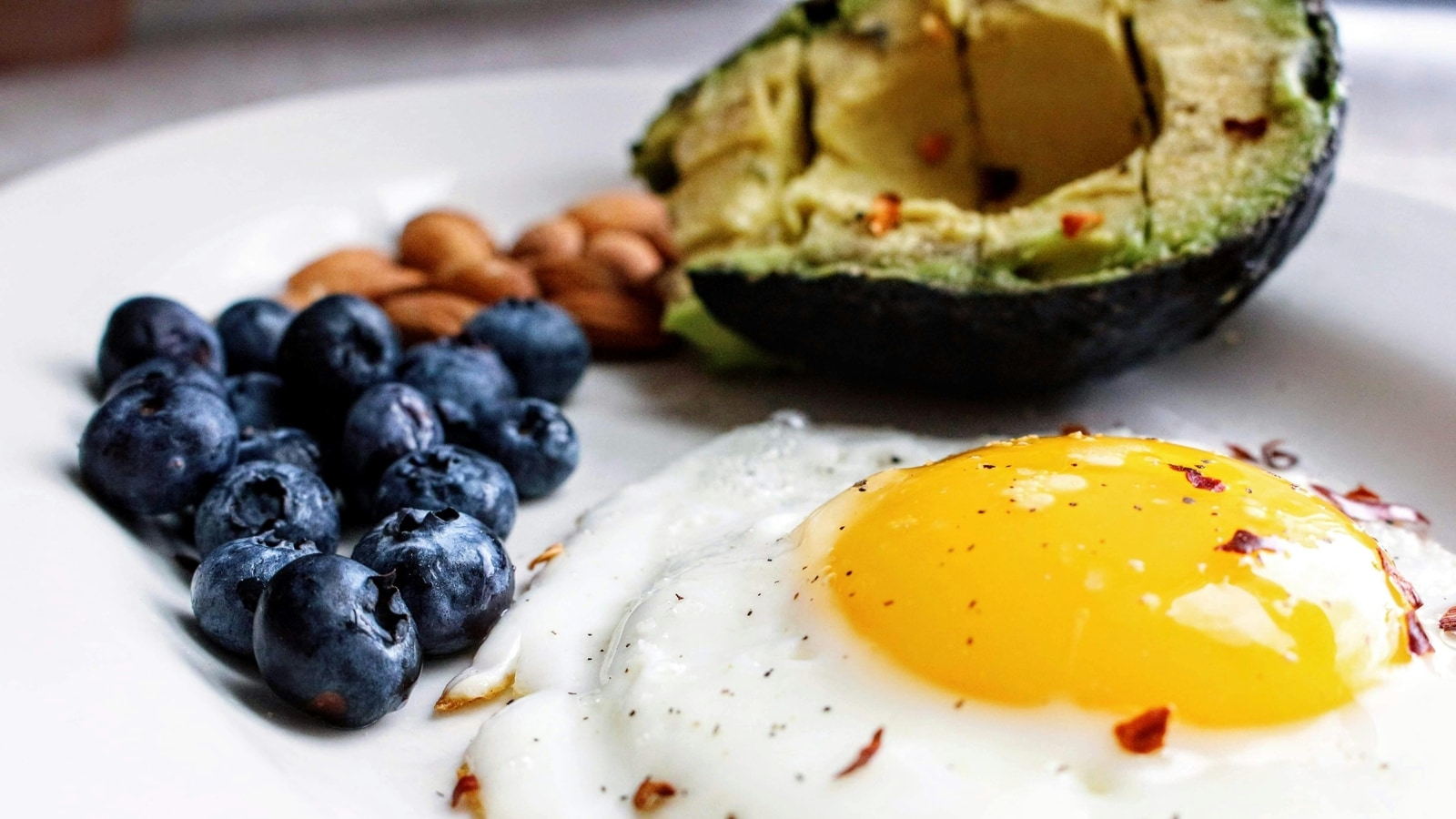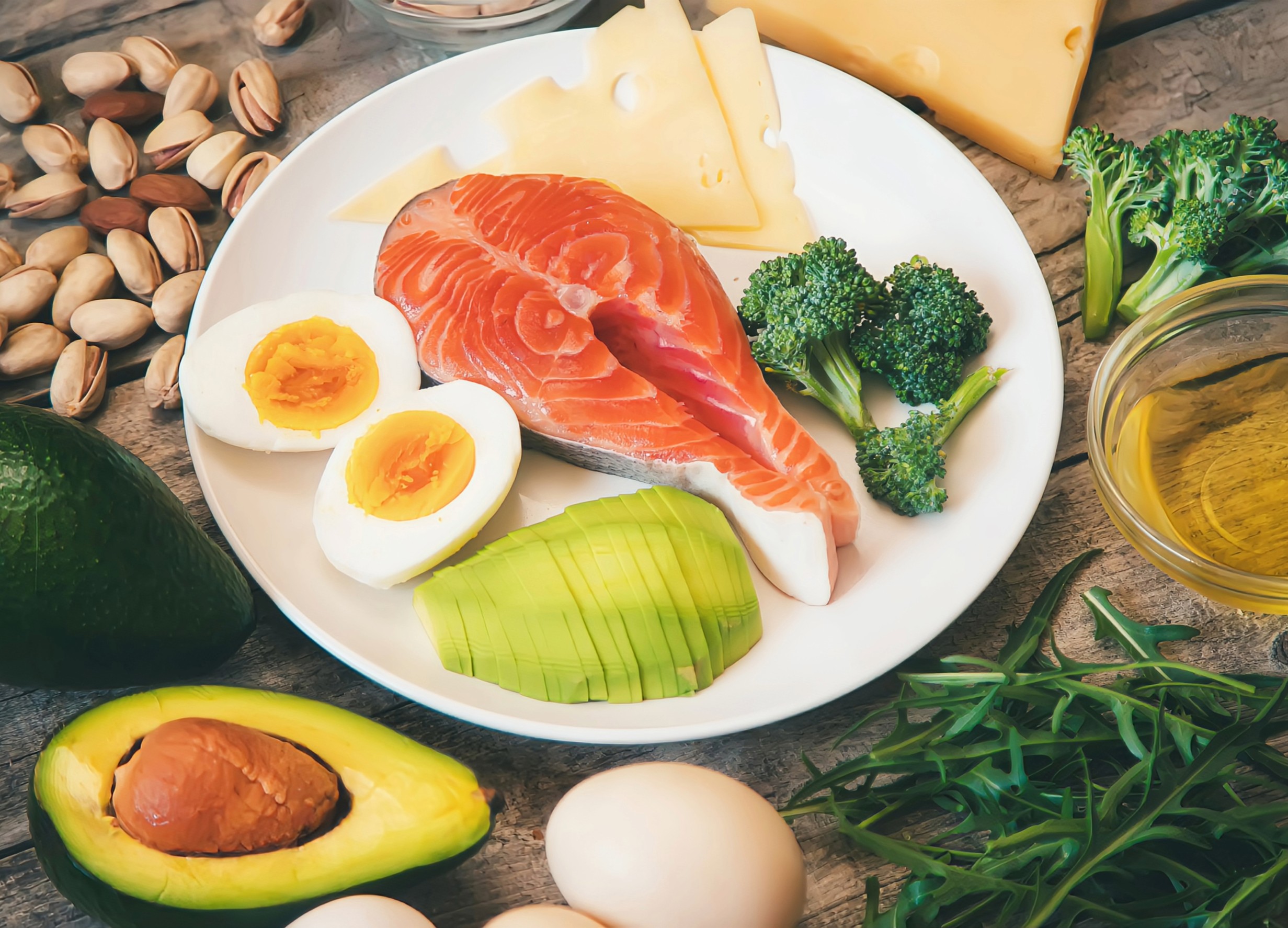Researchers at Penn Medicine’s Abramson Cancer Centre and the University of Pennsylvania’s Perelman School of Medicine have found that a straightforward dietary supplement may offer a novel way to enhance CAR T cell performance.

The early research, presented at the 66th American Society of Haematology (ASH) Annual Meeting and Exposition (Abstract 4), suggests a potentially economical way to enhance CAR T cell function and cancer-fighting capabilities, even though the strategy needs to be evaluated in clinical trials. Also read | Ketogenic diet combined with triple drugs can prevent pancreatic cancer: Study
CAR T cell therapy is a personalized treatment approach, pioneered at Penn Medicine, that reprograms patients’ own immune cells to kill their cancer.
“Thousands of patients with blood cancers have been successfully treated with CAR T cell therapy, but it still doesn’t work for everyone,” said co-lead author Shan Liu, PhD, a postdoctoral fellow who presented the study at ASH. “We took an outside-the-box approach to improve CAR T cell therapy, by targeting T cells through diet rather than further genetic engineering.”
Liu co-led the study with Puneeth Guruprasad, PhD, who earned his PhD at Penn and is now a medical student in the Perelman School of Medicine. The lead authors worked under the mentorship of co-senior authors Marco Ruella, MD, an assistant professor of Hematology-Oncology, a researcher with the Center for Cellular Immunotherapies and the scientific director of Penn Medicine’s Lymphoma Program; and Maayan Levy, PhD, an assistant professor of Microbiology.
Findings of the study:
First, the research team tested the effect of several different diets, including ketogenic, high-fiber, high-fat, high-protein, high cholesterol, and a control diet, on CAR T cell’s tumor-fighting capabilities using a mouse model of diffuse-large B-cell lymphoma. They found improved tumor control and survival in the mice receiving a ketogenic diet compared to all other diets. In subsequent studies, they found higher levels of beta-hydroxybutyrate (BHB), a metabolite produced by the liver in response to a ketogenic diet, was a key mediator of this effect. Also read | Is keto diet harmful? Study states it can lead to type 2 diabetes
The research builds on previous work from Levy’s team, which found that BHB strongly suppressed the growth of colorectal tumors in lab experiments.
“Our theory is that CAR T cells prefer BHB as a fuel source rather than standard sugars in our body, such as glucose,” Guruprasad said. “So, increasing the levels of BHB in the body gives the CAR T cells more power to take out the cancer cells.”
Next, the research team tested a BHB supplement combined with CAR T cell therapy in laboratory models of human cancer (on a standard diet); the results showed complete obliteration of the cancer in the vast majority of mice and resulted in higher CAR T cell expansion and activation. To see if BHB, which occurs naturally at various level in our bodies, had a similar effect in humans, the team assessed blood samples from patients who had recently received CAR T cell therapy and found that greater BHB levels were associated with better CAR T cell expansion in patients. They also looked at T cells of healthy volunteers who took a BHB supplement and found similar changes in how normal T cells generated energy after exposure to BHB.
Past studies across several cancer types have looked at the impact of dietary interventions, such as a high-fiber diet, on the response to cancer immunotherapy, however the mechanism behind the BHB effect in this study appears to stem from metabolic changes in the blood, rather than via the gut microbiome, as in the case of a high-fiber diet. Also read | Keto diet for weight loss, study says it also improves effect of cancer drugs
The theory that BHB supplementation could improve response to CAR T cell therapy is being tested in a Phase I clinical trial at Penn Medicine’s Abramson Cancer Center.
“We’re talking about an intervention that is relatively cheap and has low toxicity potential,” Levy said. “If the clinical trial data pans out, I’m excited to think about how a fairly simple approach like this could be combined with dietary interventions or other, more traditional approaches, to enhance the anti-cancer effect.”
The clinical trial, led by principal investigator Elise Chong, MD, an assistant professor of Hematology-Oncology, will soon begin enrolling patients with relapsed or refractory large B-cell lymphoma who are receiving commercially available anti-CD19 CAR T cell therapy as part of their treatment.
“As a physician and scientist, I share my patients’ excitement for potential new strategies to better treat their cancer, and I’m thrilled to see this research move from the lab bench to translational studies and now to a clinical trial,” Ruella said. “However, we want to emphasize that, at this point, the research is still preliminary, and we’re not making any dietary or supplement recommendations to patients based on this study until we have definitive clinical evidence.”
Disclaimer: This article is for informational purposes only and not a substitute for professional medical advice. Always seek the advice of your doctor with any questions about a medical condition.



